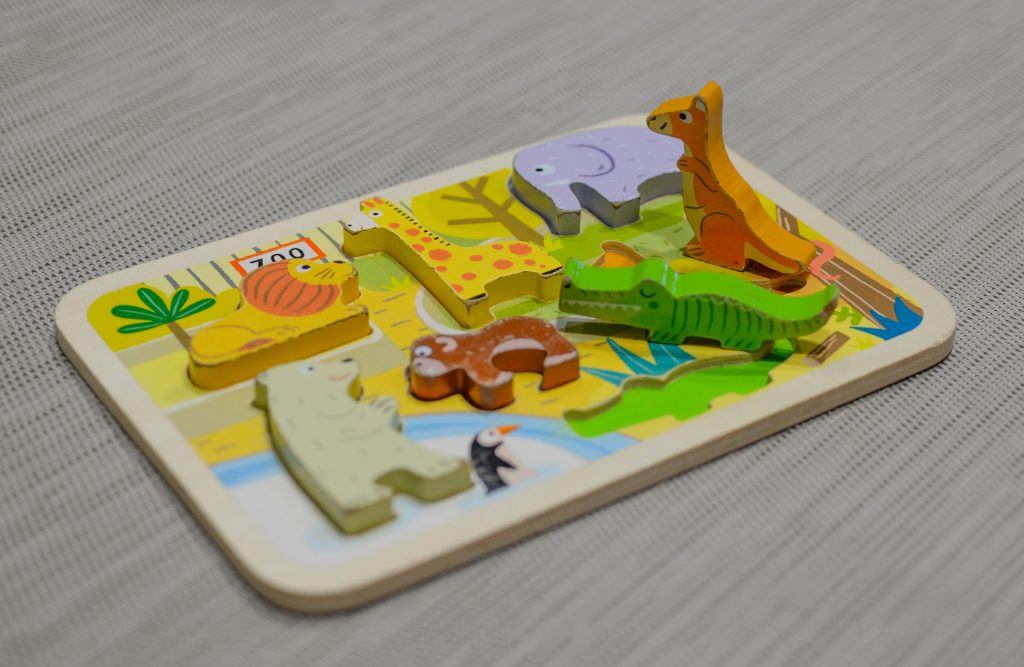In early years, children learn about things through touching, feeling and playtime. This vital stage in their development soon starts to give them the tools to know what their likes and dislikes are, plus watching other children play and network assists in developing their tolerance and natural interaction skills. Traditional playtime is also an important area to cherish during early years and as technology starts to take over from school age, developing these critical skills of socialising and learning through hands-on play is vital for exploring new experiences and making new friends. Playtime may not look that effective from the outset, but it actually showcases complex thinking for children of preschool age.
If you’re wondering how encouraging play can help push your child’s development, take a look at some of the reasons why is it so effective.
Boosting problem-solving
You may not realise it at first, but when a child tries to get a square block into a round hole and fails, they will undoubtedly try again to the same outcome. Over time, as they begin to pick up on the size and shape of things and this square block will make its way into the square hole and excitement ensues. This simple equation has enabled your child to solve this puzzle with the skills of observation and comparison and trying new ways to make the shape fit. It can also be tempting to tell them where it goes, but studies have shown that letting children explore these methods can give them a better understanding of the whole process of solving the puzzle themselves instead of mimicking, which will help them later in advanced learning.
Developing social skills
Playing with other children and exploring their social tolerances is also helped by playtime. This is one of the first ways they start networking with children of the same age, and this can assist in learning self-control and sharing in group environments. An excellent educational setting such as the nursery at Polam School encourages social development from early years through to the next level. This type of establishment is ideal for helping children to learn the importance of positive interactions through creativity and play, plus ensures a safe environment to also deal with early conflicts. At preschool age, it is also good for children to play with the same children in the same settings to develop an enhanced sense of cooperative interaction.
Learning to have fun
One of the best things about playtime is that it is a chance to have fun. As children grow older, play will become less frequent as they concentrate on studies. Embracing this stage can help you bond with your child and let them explore what it feels like to have a good time.
There are so many ways that play helps children in early years. From building their minds to promoting positive connections, this stage is a fun and interactive experience for both parent and child and should be cherished as they enter the next educational phases.
*this is a collaborative post*
